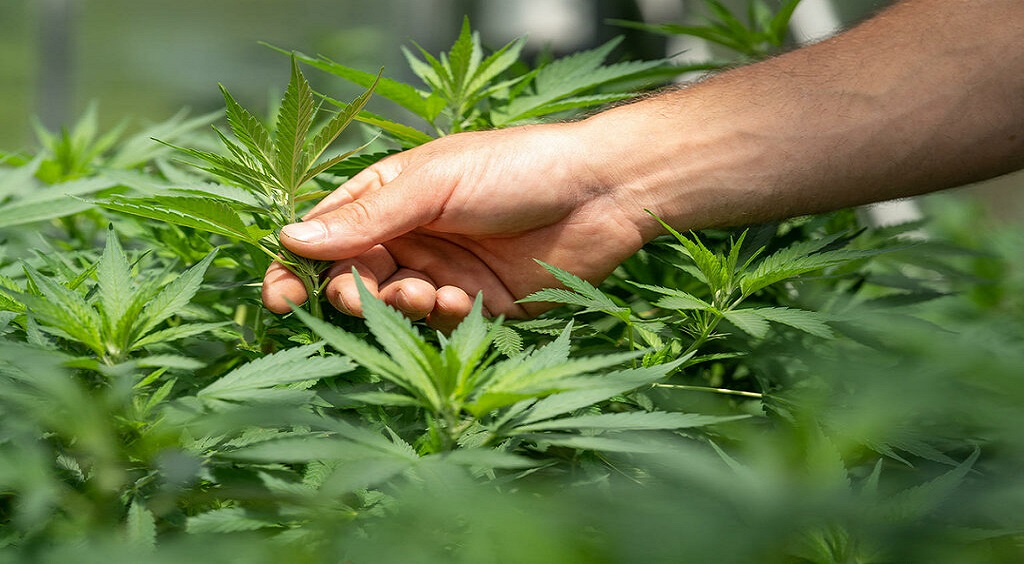The Endocannabinoid system (ECS) is a vital biological network that plays a key role in maintaining balance within the body, also known as homeostasis. This intricate system regulates numerous functions, including mood, appetite, pain, and immune response. Central to the ECS are its receptors—CB1 and CB2—which interact with naturally occurring endocannabinoids and compounds like CBD to influence bodily functions.
What Is the Endocannabinoid System?
Discovered in the 1990s, the ECS is composed of three primary components:
Endocannabinoids: Naturally produced molecules similar to cannabinoids found in cannabis.
Receptors: Proteins in the body that bind with endocannabinoids to signal specific actions.
Enzymes: Responsible for breaking down endocannabinoids once they’ve completed their function.Endocannabinoids like anandamide and 2-AG help regulate functions such as sleep, pain perception, and stress responses. The ECS ensures that these processes remain balanced, promoting overall well-being.
The Role of CB1 and CB2 Receptors
The ECS operates through two primary receptors:
CB1 Receptors
Found predominantly in the brain and central nervous system.
Influence cognitive functions like memory, coordination, and pain perception.
Play a role in regulating mood, appetite, and the sensation of intoxication.
CB2 Receptors
Primarily located in peripheral tissues and immune cells.
Play a crucial role in modulating inflammation and immune responses.
Found in organs such as the spleen and gastrointestinal tract.
While CB1 receptors focus on neurological functions, CB2 receptors are more involved in immune and inflammatory processes.
How CBD Interacts with the ECS?
CBD, or cannabidiol, is a non-psychoactive compound derived from cannabis. Unlike THC, which binds directly to CB1 and CB2 receptors, CBD interacts with the ECS in a more indirect manner.
Modulating Receptor Activity:
CBD doesn’t bind directly to CB1 and CB2 receptors but influences their activity. It may inhibit enzymes that break down endocannabinoids, prolonging their effects.
Anti-Inflammatory Effects:
Through its interaction with CB2 receptors, CBD helps regulate the body’s immune response, potentially reducing inflammation.
Neurological Benefits:
CBD’s indirect interaction with CB1 receptors may help mitigate stress, anxiety, and neurological conditions by promoting balance in the brain.
Supporting Homeostasis:
CBD works synergistically with the ECS to ensure various systems in the body function optimally, contributing to overall health.
Why Understanding the ECS Matters?
The ECS is essential for maintaining physical and mental equilibrium. By learning about CB1 and CB2 receptors and their interaction with compounds like CBD, we can better understand how to support our health naturally.
Whether you’re seeking relief from chronic pain, anxiety, or inflammation, CBD interaction with the ECS opens up promising avenues for holistic wellness.


